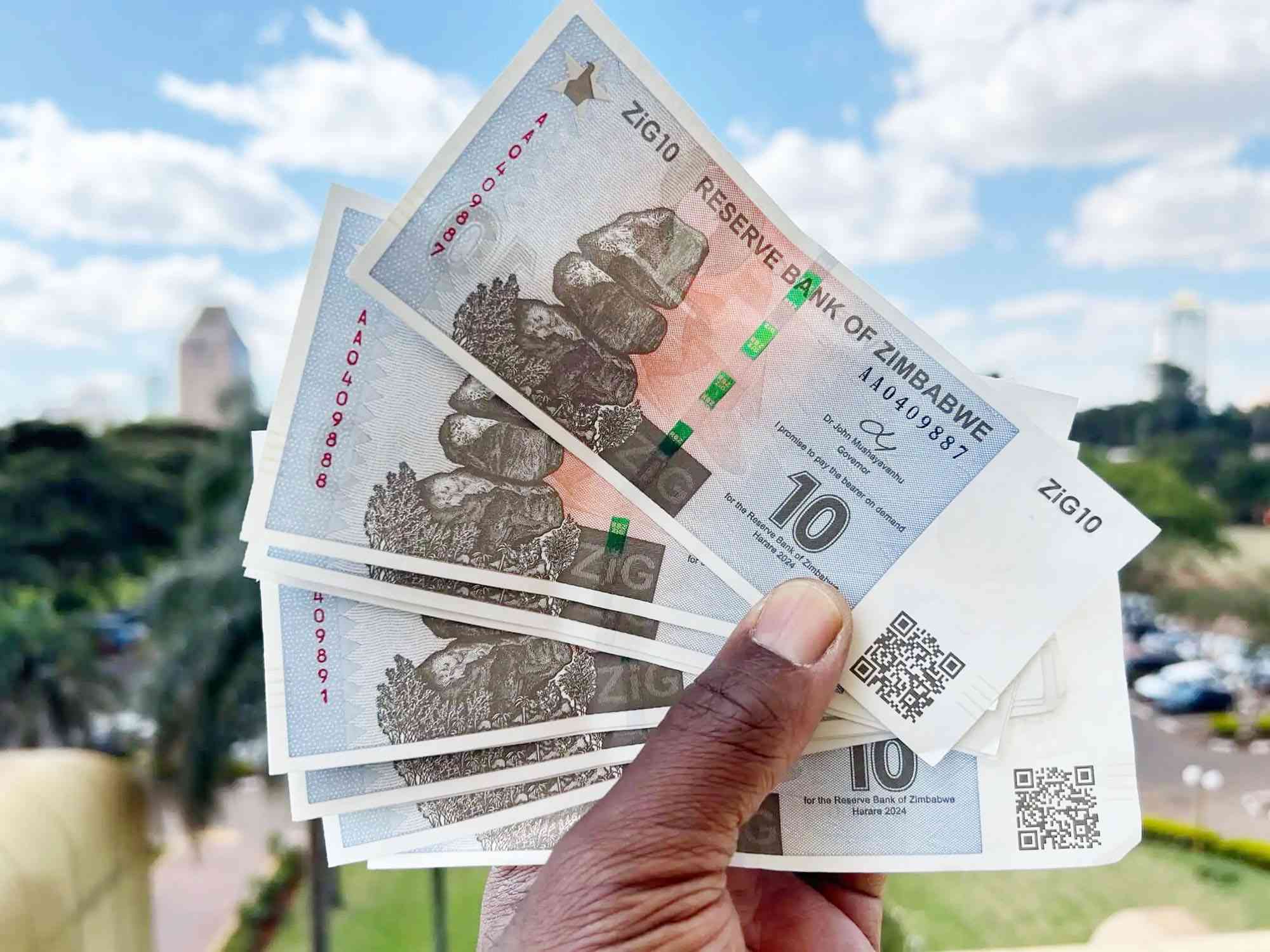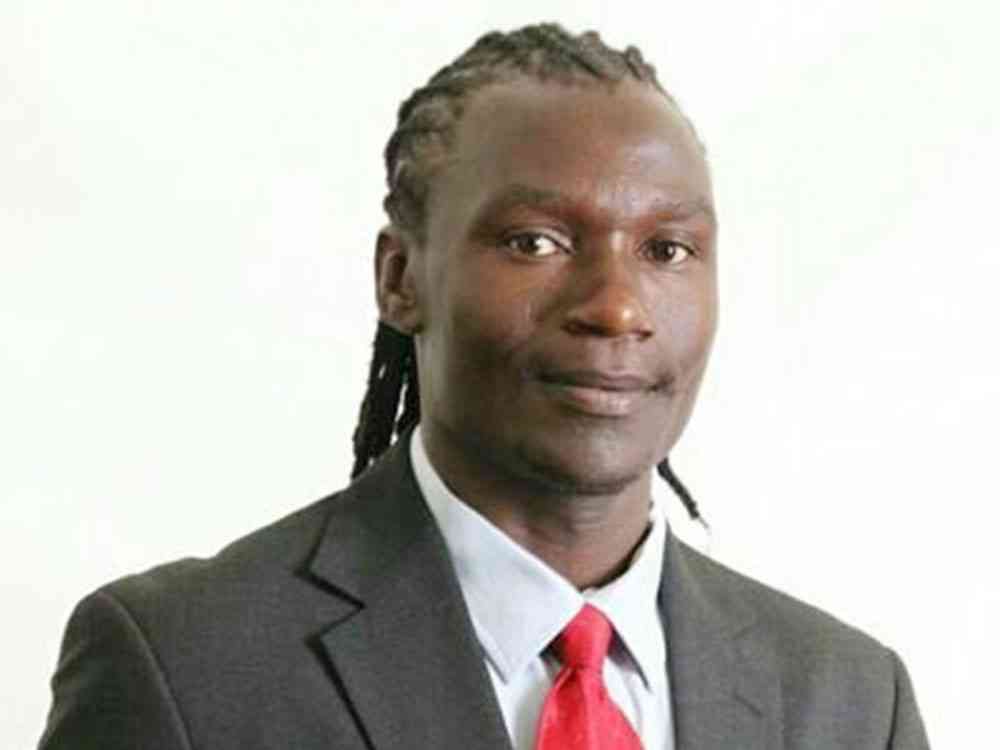
TREASURY has put a freeze on hiring new employees, except in the education and health sectors, to keep employment expenses below 50% of revenue, according to Finance minister Mthuli Ncube.
This follows his move two weeks ago, to ban a series of high-cost expenditures, including global trips by high-flying state executives.
Ncube said at the time he wanted to create space to import food and fund other crucial activities.
The new measures announced yesterday came as the 2025 allocation for employment costs reached ZiG152,6 billion, exceeding the fiscal rule threshold.
During yesterday's 2025 national budget presentation, Ncube announced plans to restrict hiring in government departments.
“Government recently awarded a US$40 increase to the civil service, payable in local currency at the prevailing exchange rate, effective from September 1, 2024,” Ncube said.
“The 2025 allocation for employment costs of ZiG152,6 billion or 56,4% of revenue is based on this principle and hence already factors in the exchange rate self-adjustment in workers’ salaries,” the minister added.
He said the allocation was now above the fiscal rule threshold of containing employment costs at a maximum of 50% of revenue.
- Gems rewarded for Netball WC qualification
- Zinara defends ‘questionable’ Univern deal
- Zinara and VID deal raises eyebrows
- Nurses say region’s health facilities neglected
Keep Reading
“To address this unsustainable position, revenue enhancement measures will be implemented, whilst also limiting the recruitment of additional personnel only to critical sectors such as health and education.”
The minister said a planned staff rationalisation exercise would benefit from the recent job evaluation exercise, undertaken by the Public Service Commission, with the aim to have a fit for purpose and professional civil service, with the capacity to deliver quality public services.
According to the Treasury boss, the government has recognised functional duplication of responsibilities inside institutions.
“The exercise identified several issues, including functional duplications and role overlaps within ministries, departments and agencies, the existence of more managerial jobs than non-managerial jobs and the prevalence of dead-end jobs for specialists,” the minister said, as he tabled the 2025 spending plan to legislators.
“Going forward, the government will implement the recommendations of the job evaluation report, by reviewing the manning levels in the public service, up-skill and re-skill members where feasible, as well as adopt a new compensation framework which conforms with the principles of equal pay for equal work.”
Ncube stated that the current remuneration framework for government workers included a self-adjusting mechanism for the US-dollar pegged local currency component of public service salaries.
This mechanism took into account exchange rate fluctuations.
Ncube noted that employment costs adjustments since April 2024 had shielded civil servants from exchange rate movements.
The civil service sector faces a severe shortage of workers, particularly in the health delivery system, due to poor remuneration that has driven thousands to leave the country.
In August, public sector nurses in Zimbabwe threatened to strike unless the government increased their salaries to at least US$840 per month.
Currently, they earn a combined US$400 in both local and US dollars, according to the Zimbabwe Nurses Association (Zina)
Negotiations over improved pay and working conditions have been on-going for several years, leading to periodic strikes.
However, the most significant deadlocks occurred about two years ago when other civil servants joined the push for a pay hike to US$840.
Zina president Enock Dongo told this publication in August that the government must act swiftly to prevent a strike, as frustrated nurses prepared to down tools.
“We were looking at US$840 as a minimum that can motivate our people,” Dongo said at the time.
“If they can get that amount per month, that will really go a long way as far as retaining and maintaining those who are there and motivating them to try to give their services.
“We are also looking for the government to at least provide nurses with accommodation,” he said at the time.
The under-fire government has over the years failed to honour its promises to workers and has implemented cost-cutting measures in a move meant to nip the spending which had resulted in the government operating on empty coffers.










